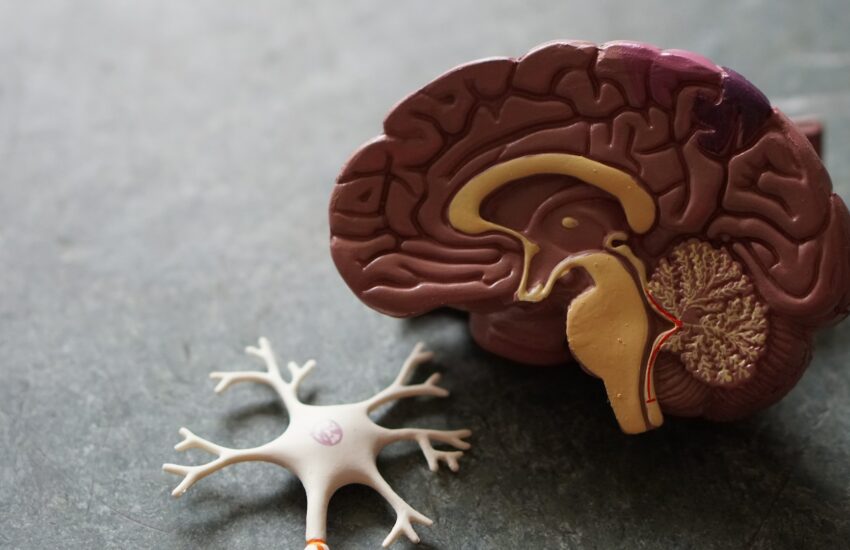Introduction – are highly sensitive persons also highly intelligent?
Sensitivity and intelligence are two key traits that define human behavior and contribute to our success in personal and professional spheres. In this blog post, we’ll dive deep into the connection between sensitivity and intelligence, discuss the impact of these traits, and explore how they can be harnessed for personal growth and development.
Sensitivity: A Brief Overview
Sensitivity refers to the capacity of an individual to perceive and respond to various stimuli, both external and internal. Highly sensitive individuals are often more aware of their surroundings, emotions, and the feelings of others. This heightened awareness can manifest in various ways, such as:
- Emotional sensitivity: The ability to empathize with others and understand their emotions.
- Sensory sensitivity: Increased awareness of sensory input, like sounds, smells, or touch.
- Cognitive sensitivity: Enhanced capacity for processing information and detecting subtle patterns.
Intelligence: More Than Just IQ
Intelligence is a multifaceted concept that encompasses a wide range of cognitive abilities, including learning, problem-solving, creativity, and adaptation. While the Intelligence Quotient (IQ) is often used to measure intelligence, it does not encompass the entire spectrum of human cognitive abilities. Emotional intelligence (EQ), for example, is another crucial aspect of intelligence that plays a vital role in our interpersonal relationships.
The Connection Between Sensitivity and Intelligence
There is a growing body of research suggesting that sensitivity and intelligence are connected in several ways:
1. Cognitive Sensitivity and High Intelligence
Cognitively sensitive individuals tend to exhibit higher intelligence due to their ability to process information more effectively. They can quickly identify patterns, solve problems, and adapt to new situations. This heightened awareness can lead to increased curiosity, creativity, and learning potential.
2. Emotional Sensitivity and Emotional Intelligence
Emotionally sensitive individuals often possess a high degree of emotional intelligence. They can empathize with others, understand complex emotions, and navigate social situations with ease. Emotional intelligence is a critical component of success in both personal and professional relationships.
3. Sensory Sensitivity and Creativity
Sensory-sensitive individuals tend to have a heightened perception of their surroundings, which can lead to increased creativity. They can find inspiration in the smallest details and use their heightened senses to fuel their creative pursuits, making them valuable assets in fields like art, music, and design.
Harnessing Sensitivity and Intelligence for Personal Growth
Understanding the connection between sensitivity and intelligence can help individuals harness their unique strengths and foster personal growth. Here are some tips for maximizing the potential of these traits:
- Embrace your sensitivity: Recognize the value of being sensitive and use it to connect with others and enhance your creativity.
- Develop emotional intelligence: Cultivate empathy, self-awareness, and emotional regulation skills to improve interpersonal relationships and increase overall well-being.
- Challenge yourself cognitively: Engage in activities that stimulate your brain, such as puzzles, learning new skills, or exploring new subjects.
- Practice self-care: Ensure that you take care of your physical, emotional, and mental well-being to prevent burnout and maintain a healthy balance.
Conclusion
Sensitivity and intelligence are interconnected traits that can significantly impact personal and professional success. By understanding this connection and leveraging the unique strengths associated with these traits, individuals can foster personal growth and enhance their overall quality of life.

